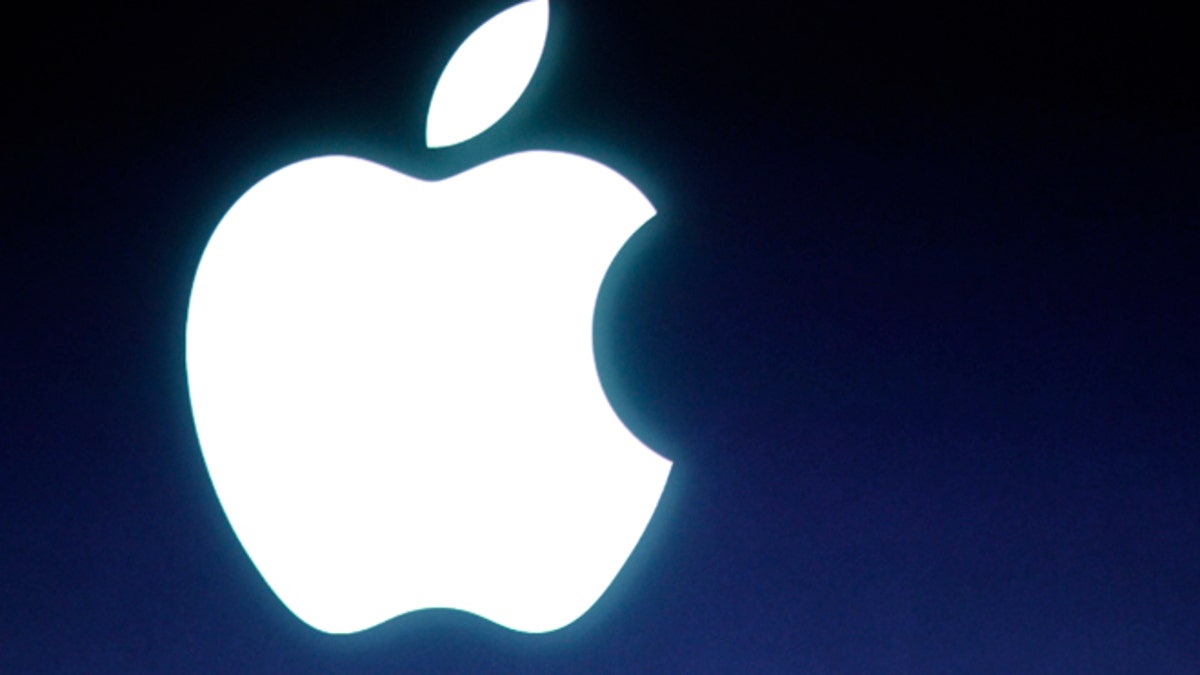
(AP Photo/Paul Sakuma)
Is it a good thing that Apple lost its battle to fix prices on e-books? Yes. Is it going to make life better for readers and publishers? No.
On Wednesday, Apple was convicted of conspiring with five of the six biggest publishers in the U.S. to raise the price of e-books. The amount of any fines will be determined at a subsequent trial; Apple says it will appeal. Essentially, the publishers were trying to prevent Amazon, the budding book monopolist, from discounting e-books. Amazon was actually losing money on some $9.99 e-books just to sell its Kindles. Apple in essence agreed to help the publishers raise prices above $9.99 (and to a large extent succeeded, according to the court).
Price fixing is bad, bad, bad. So why isn't the ruling against Apple good, good, good?
But price fixing is bad, bad, bad. So why isn't the ruling against Apple good, good, good?
The problem is not that it gives Amazon a 160-page court ruling with which to wallop book publishers into submission. The problem is that both Apple and Amazon are stuck in an old-fashioned tech business model—the eco-system model--that stymies innovation and traps consumers in an endless cycle of acquisition and obsolescence. It's a model that has taken one of the best inventions of all time—the paper book—and turned it into a digital mess.
The eco-system model is a high-tech dream wherein one develops a whiz-bang gadget, ties it together with a service (oh, let's say, a store for digital music), and then hangs an ever wider array of devices and services off of the original, spreading out like a spider's web. Tying it all together are usually proprietary formats that are unique to the eco-system and if not strictly incompatible with other devices, are at least walled off from other companies.
Amazon has effectively been copying this iTunes approach in books, wiping out independent booksellers and bumping off Barnes & Noble's CEO and the Nook HD tablet in the process. Amazon has also become something of a boutique publisher. Traditional publishers are, to put it succinctly, freaked out.
Consumers should also be wary. Lulled by $9.99 e-books, we're increasingly tied to the Amazon eco e-book system. Kindle e-books work on other devices—if there's an available app that keeps the apron strings tied to Amazon. And should my e-reader break and my library disappear, I have to go back to the original store for a copy of the book. Unfortunately, different online stores won't retain the e-books you bought elsewhere. So you're further discouraged from stepping outside of the eco-system. (Now where did I buy that e-book two years ago?)
It's like agreeing to buy some of your music on CD and some on cassette—and only being able to play the different collections in different places.
Sure, there are hacks that can covert one e-book format into another, but they don't work terribly well, you often have to go through several formats to convert a book to the desired destination, and it is an agonizingly tedious process. You'll wish you'd bought the paperback.
Apple is not and was not going to be the savior of publishing or of competition in e-book sales. It's trying the same model that Amazon is attempting. Having two tech tyrants who want to disrupt publishing isn't better than having just one.
So what can be done?
The publishers need to go back to taking control of their own products. That means delivering a fully finished product—including what digital format it ends up in. Every company is a technology company today, so there's no reason publishers shouldn't determine what e-book format works everywhere. No more iBook format (a special version of ePub) or Kindle format that chains consumers to particular seller.
With a publisher-specified open format, a Random House book could be sold the way they used to be sold—as a consistent product in a variety of stores. Consumers would benefit because the e-books would work just as easily on any device. There would be real price competition because there would be no eco-system trap. No workarounds. No fear that Apple or Amazon wouldn't support a competing format.
Right now the system is backward, with retailers controlling the e-books rather than those who are actually creating the content calling the shots.
Look, I don't even like e-books--but I read them. They are not nearly as legible as a paper book, you can't flip through them like a paperback, and when the electricity runs out, the story ends. But e-books are the future, so publishers better figure out how to make the technology work for them, or they'll all be working for Amazon.
Follow John R. Quain on Twitter @jqontech or find more tech coverage at J-Q.com.








































